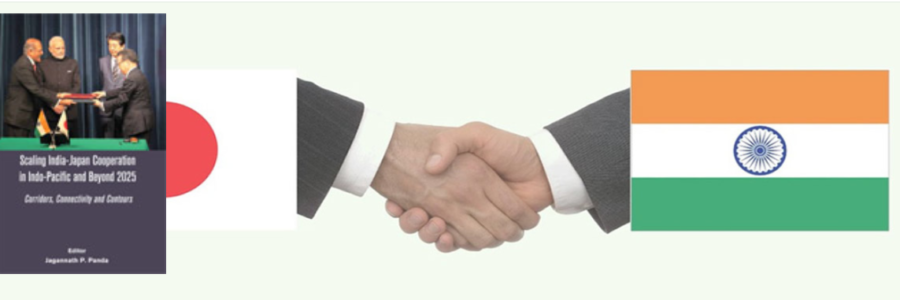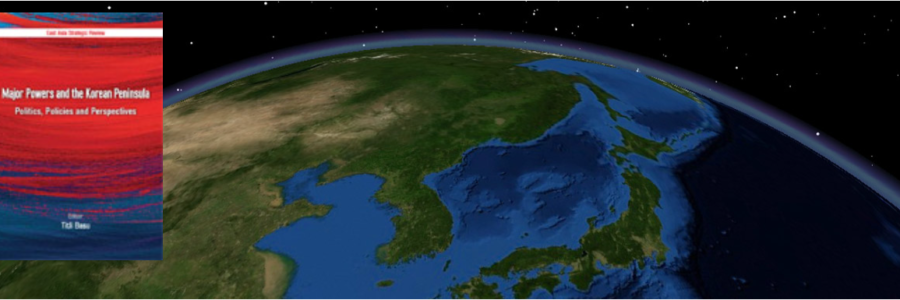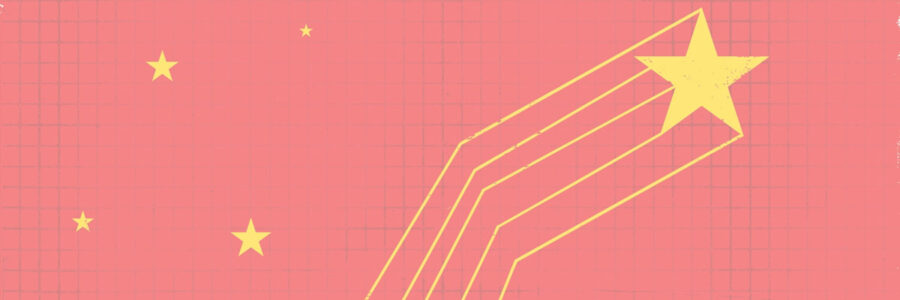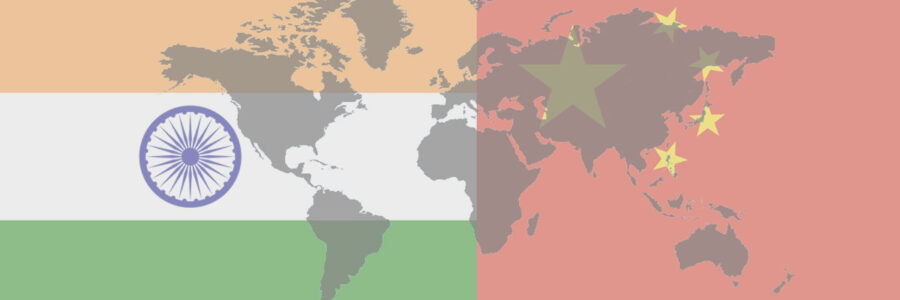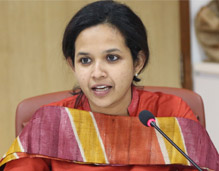New Challenges Confront ASEAN
The collapse of the ASEAN Summit in Pattaya (Thailand) on April 11 following anti-government protests tarnished Thailand’s image. It also brought the regional group’s age-old policy of non-interference in the domestic trivials of a member state under question. The incident impeded ASEAN’s strategy to define a common approach to current global financial crisis. The Pattaya incident also demonstrated the ineffectiveness of ASEAN as a regional organization.
- Pranamita Baruah
- May 04, 2009





